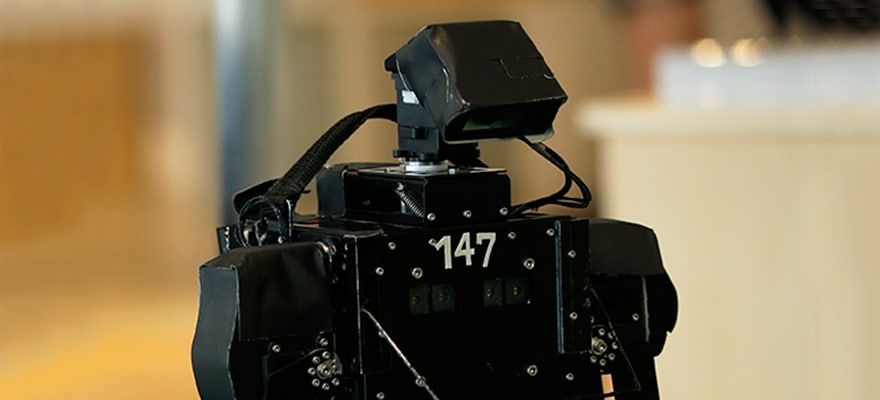The good news is that if you are reading this then humanity has thus far managed to prevent a robotic apocalypse.
Unfortunately, Tesla’s (NASDAQ:TSLA) CEO, Elon Musk, is not so optimistic, having exercised caution with regards to Google’s (NASDAQ:GOOG) insatiable appetite for acquiring robotics companies in recent years.
Indeed, Google has acquired no less than six advanced robotics companies to date, including Vision Factory and Revolv in October 2014, two firms that deal specifically in artificial intelligence (AI).
Curiously, Google has been mum on its overall ambitions for its robotic effort, further complicated by the departure of its executive heading the firm’s robotics division, Andy Rubin, who parted ways with Google late last year.
According to Musk’s biography, he harbors tangible concerns over the potential likelihood that Google, and co-Founder Larry Page’s bid to develop AI could ‘turn evil’ and possible enslave and/or annihilate humanity. Indeed, in his book Musk stated “he could produce something evil by accident.”
“We do have lots of proof points that one can create intelligent things in the world because– all of us around. Therefore, you should presume that someday, we will be able to make machines that can reason, think and do things better than we can,” noted Mr. Page in an interview last year.
Is It Already Too Late?
Highly doubtful. Google has been at the forefront of innovation for what has seemed to be over a decade. Like its younger counterpart Tesla, both companies are constantly pushing the envelope for new technologies for the betterment of humanity.
This includes most recently last week that was being eyed for homes for daily users – unfortunately, Tesla’s Powerwall battery system will have to overcome economic costs and solar compatibility before it can permeate households.
In the meantime, technology proponents can look forward to the prospect of Google’s self driving car, which while unlikely to unseat humanity as the dominant life form on Earth, does have the capacity to mitigate automotive accidents.
Our self-driving cars have logged nearly 1M miles on the road without causing an accident →
— Google (@google)
, with the plausibility of advanced algorithm’s and trading robots potentially supplementing existing strategies. Indeed, many could argue that human trading ability and skills can be so precisely analyzed that a machine can be designed to simulate it already.





Be First to Comment